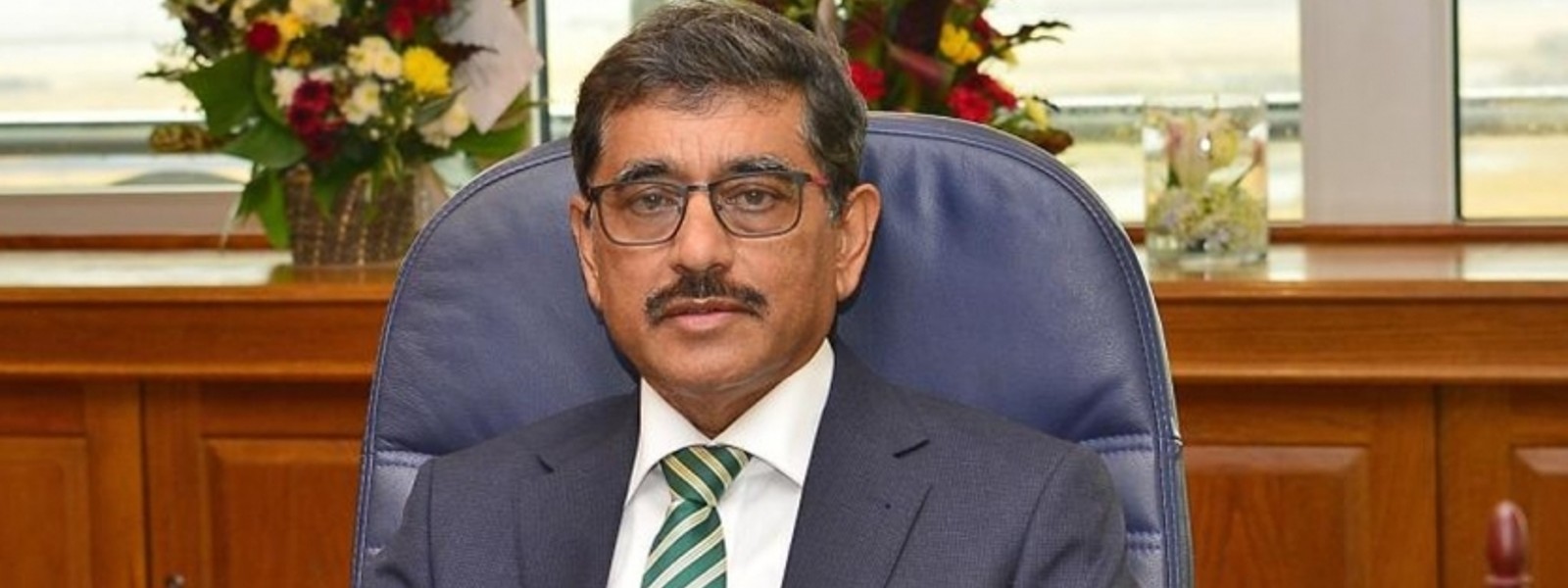.webp)

7th Central Bank monetary review
On Thursday (6) the Governor of the Central Bank of Sri Lanka Dr. Nandalal Weerasinghe gave the 7th review of the monetary policy of Sri Lanka. Amongst the points raised and discussed were inflation, interest rates and the most pressing issue, the IMF loan.
On the 1st of September this year, the Sri Lankan government secured a staff-level agreement with the International Monetory Fund. It must be understood that a staff-level agreement is only the first step in a long proceeding to approve the loan of $2.9 billion pledged to Sri Lanka. Today, Dr. Nandalal made it clear that the loan cannot be secured until Sri Lanka's external bi-lateral and multi-lateral creditors have come to a consensus on granting the island a debt moratorium, allocating time for a serious debt restructuring. The executive board of the IMF will only permit the release of this loan upon confirming financial assuarance from the diverse group of external creditors.
Dr. Weerasinghe reported that since securing the staff-level agreement in September, the government of Sri Lanka has been relentlessly conducting negotiations with bi-lateral creditors and taking steps towards debt re-structuring; he cited President Ranil Wickremesinghe's visit to Japan and Manila (where the Asian Develpment Bank is headquartered). As of now, since the country is still in the process of debt restructuring, a date of approval for the loan cannot be confirmed.
Next on the agenda was the matter of inflation. According to the Central Bank, inflation is expected to decline in the early months of 2023, specifically in the Colombo consumer price index. The CBSL policy to facilitate the decline of inflation is to tighten and continuously tighten monetory policy.
The Governor was also questioned about the UNHRC resolution sponsored by The CORE group; the most powerful countries in the UN. The resolution has made allegations of financial mismanagement, and the governor was asked if this allegation would affect the procedure of securing the IMF loan. Weerasinghe responded by stating that the IMF had not made any statement regarding the resolution and that the IMF is a different and independent body to the UN Human Rights Council.
The Deputy Governor of the Central Bank, Mrs. Fernando gave a brief overview of the state of bank capital. She confirmed that currently because of the moratorium in place the Central Bank has not had a proper assessment of the banking system. The central bank plans on conducting a diagnostic study on the big banks and if there is a requirement of capital, that they would have to re-capitalise. The board of the Central Bank has permitted major banks to use their capital buffers and also to stagger impacts to the balance sheets because of interest rate changes. The bank pledged to continue monitoring the changes in interest rates in order to prevent it from affecting the banking system.
Other Articles
Featured News





.png )
-819380_550x300.jpg)


-812087_550x300.jpg)
-810262_550x300.jpg)
-809496_550x300.jpg)




















.gif)